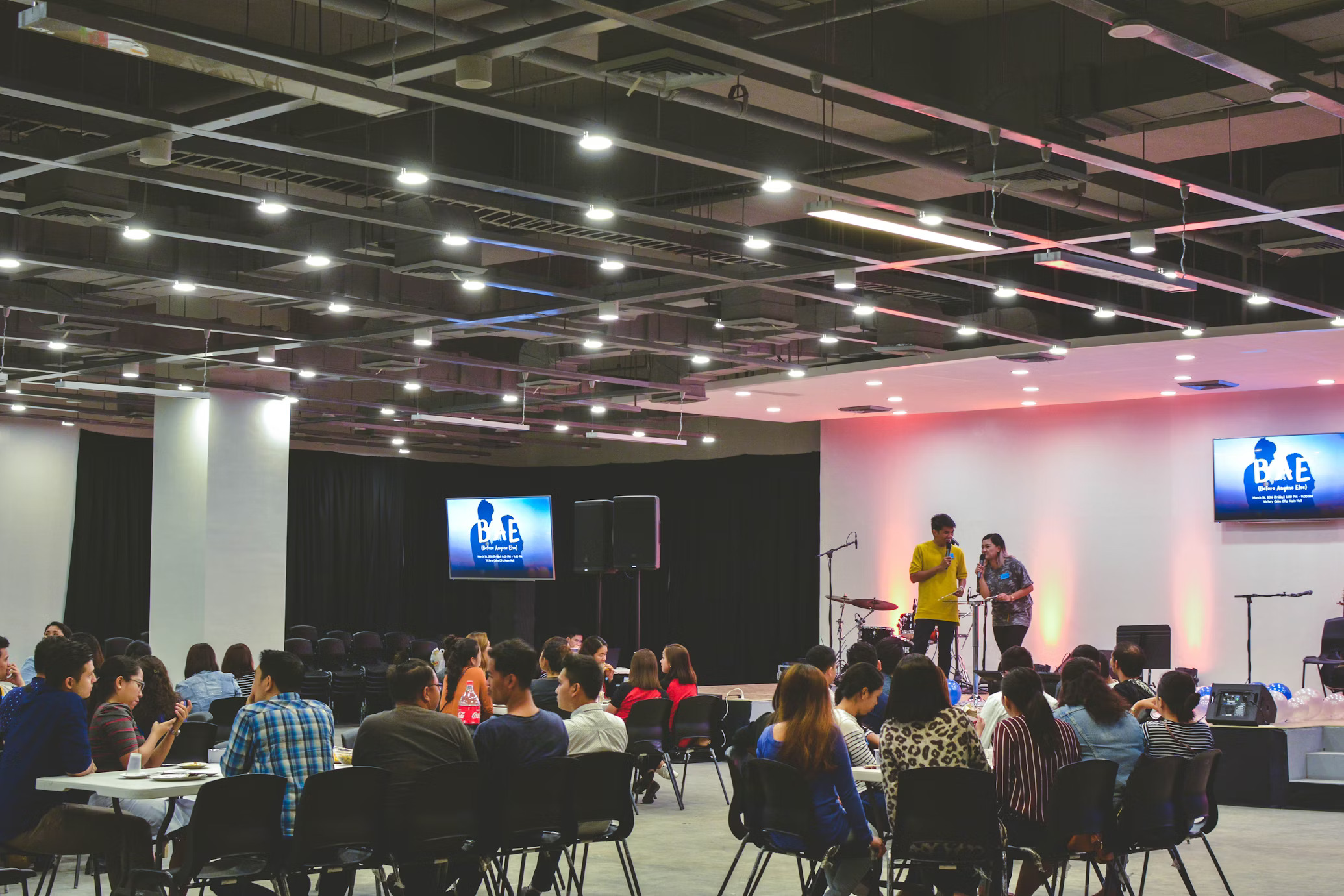Networking Events
Networking Events
What are Networking Events?
Definition:
Networking events are organized gatherings where individuals from various professional backgrounds come together to establish and nurture professional relationships, exchange information, and explore potential career or business opportunities. These events can take various forms, including conferences, seminars, workshops, trade shows, industry meetups, and business mixers.
Analogy:
Think of networking events as professional watering holes. Just as animals gather around water sources to meet, communicate, and share resources, professionals converge at networking events to connect, exchange ideas, and seize opportunities in their respective industries.
Further Description:
Networking events serve multiple purposes and cater to different needs:
- Professional Development: Many networking events feature workshops, seminars, or keynote speeches aimed at enhancing attendees’ skills, knowledge, and expertise in specific fields.
- Business Opportunities: Networking events provide fertile ground for discovering potential business partnerships, collaborations, or even job opportunities. These events facilitate interactions between entrepreneurs, investors, and prospective clients.
- Knowledge Exchange: Attendees often share insights, best practices, and industry trends during networking events, fostering a culture of learning and collaboration within the professional community.
Key Components of Networking Events:
- Venue: The physical or virtual location where the networking event takes place, providing a conducive environment for interactions and discussions.
- Attendees: Professionals from diverse backgrounds, including entrepreneurs, industry experts, investors, job seekers, and potential collaborators.
- Activities: Workshops, panel discussions, roundtable sessions, pitch competitions, and social mixers are common activities designed to facilitate networking and engagement among attendees.
- Facilitators: Event organizers, moderators, or hosts who oversee the proceedings, introduce speakers, and ensure the smooth flow of interactions.
Why are Networking Events Important?
- Building Relationships: Networking events offer valuable opportunities to meet new contacts, establish rapport, and cultivate long-term professional relationships that can lead to career advancement or business growth.
- Knowledge Sharing: Engaging with peers and industry experts at networking events allows participants to exchange ideas, gain insights, and stay updated on the latest developments in their field.
- Opportunity Exploration: Whether seeking career opportunities, potential clients, or strategic partnerships, networking events provide a platform to explore and capitalize on a wide range of opportunities.
Examples and Usage:
- Tech Conferences: Events like CES (Consumer Electronics Show) or TechCrunch Disrupt bring together entrepreneurs, investors, and tech enthusiasts to showcase innovative products and discuss industry trends.
- Industry Meetups: Sector-specific gatherings, such as marketing summits, healthcare conferences, or real estate expos, offer professionals the chance to network with peers and stay abreast of industry developments.
- Business Mixers: Social networking events hosted by chambers of commerce, professional associations, or networking groups provide a relaxed environment for professionals to connect over drinks and conversation.
Key Takeaways:
- Networking events are gatherings where professionals meet to build relationships, exchange knowledge, and explore opportunities in their respective industries.
- Components of networking events include venue, attendees, activities, and facilitators.
- These events play a vital role in professional development, relationship-building, and opportunity exploration across various sectors.
- Examples of networking events include tech conferences, industry meetups, and business mixers, each serving specific networking purposes.





